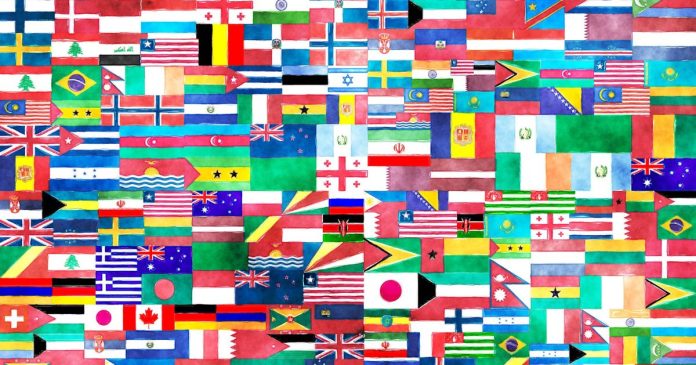Afrikaans is a West Germanic language that developed in South Africa during the colonial era. It is closely related to Dutch and was originally spoken by the descendants of Dutch settlers in southern Africa. Over time, Afrikaans evolved into a distinct language, influenced by Dutch, Portuguese, Malay, indigenous African languages, and other languages. Today, Afrikaans is spoken in several countries, primarily in Southern Africa, but also by diaspora communities around the world.
Here’s an overview of the countries where Afrikaans is spoken:
1. South Africa
- Official Status: Afrikaans is one of South Africa’s 11 official languages and is widely spoken throughout the country.
- Primary Speakers: It is spoken by approximately 13.5% of the population, making it the third-most spoken language in South Africa, after Zulu and Xhosa.
- Regions: Afrikaans is most commonly spoken in the western and southern regions, particularly in the provinces of the Western Cape, Northern Cape, and parts of the Free State and Gauteng.
- Usage: Afrikaans is used in everyday life, in media, education, and in government institutions. It has a significant presence in South African music, literature, and pop culture.
2. Namibia
- Official Status: While English is the official language of Namibia, Afrikaans remains an important lingua franca and is spoken by a significant portion of the population.
- Primary Speakers: Afrikaans is spoken by around 10-12% of Namibia’s population, although many Namibians use it as a second language.
- Usage: Afrikaans is commonly spoken in urban areas and is widely understood across the country. It is used in informal settings, among communities of both European and African descent, and can be heard in media, business, and cultural events.
3. Botswana
- Official Status: The official language of Botswana is English, but Afrikaans is spoken by some communities, particularly among people of South African descent or those who have historical ties to the Afrikaner community.
- Primary Speakers: Afrikaans is not widely spoken in Botswana but is understood by a portion of the population, especially in border areas near South Africa.
- Usage: Afrikaans is used mostly in informal settings and is not as prominent as other languages like Setswana. However, it remains a secondary language of communication for many in the southern parts of Botswana.
4. Lesotho
- Official Status: While the official languages of Lesotho are Sesotho and English, Afrikaans is spoken by a smaller segment of the population.
- Primary Speakers: Afrikaans is spoken mainly by those with South African roots or close ties to the Afrikaner community, particularly along the border regions with South Africa.
- Usage: Afrikaans is less commonly used in everyday conversation, though some people understand it, especially in trade and border exchanges.
5. Eswatini (Swaziland)
- Official Status: Eswatini has two official languages—Siswati and English. Afrikaans is not widely spoken as an official language but is understood by some, especially among the older generations and those involved in cross-border trade with South Africa.
- Primary Speakers: Afrikaans is spoken by a small number of people, especially those with historical connections to South Africa.
- Usage: Similar to Lesotho, Afrikaans is not the primary language but is used by certain communities for specific purposes like trade, education, and media.
6. Zimbabwe
- Official Status: Afrikaans does not have official status in Zimbabwe, where English is the official language, alongside other local languages like Shona and Ndebele.
- Primary Speakers: Afrikaans is spoken by a small community, mostly descendants of South African immigrants or those with historical connections to South Africa.
- Usage: Afrikaans is mainly used in certain social settings and is not widely spoken in the general population. However, it is understood by some individuals, particularly among the older generations who lived in or had connections with South Africa.
Other Countries with Afrikaans Speakers
While Afrikaans is most commonly spoken in Southern Africa, it also has a presence in other parts of the world due to immigration and diaspora communities. Some of these countries include:
- Australia: Afrikaans is spoken by a small group of immigrants and their descendants, especially among those who moved from South Africa.
- United Kingdom: Similar to Australia, Afrikaans is spoken by a small community of South African expatriates.
- United States: There are also Afrikaans-speaking communities in the U.S., particularly among South African immigrants.


